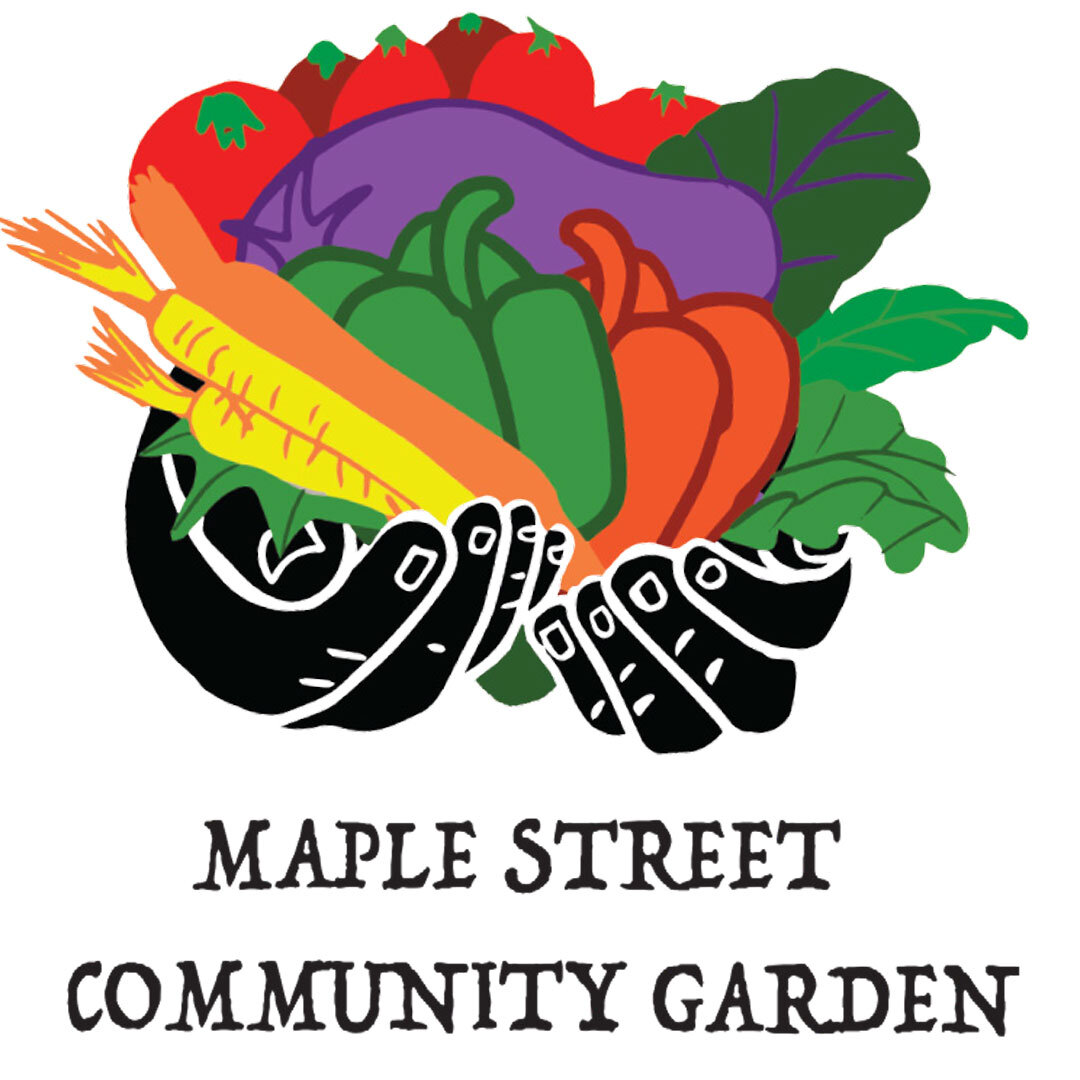The Master Composter Certificate
Welcome back to the bins, Decomposers
This is my first official post as a certified Master Composter!
The journey here has been long, messy, and surprisingly fun. So I thought, what better way to celebrate than to take you through the Master Composter Certification program itself.
What may surprise you is how I got here. I joined the Maple Street Community Garden’s Compost Committee completely by accident. I thought I was signing up for gardening emails and maybe watering some flowers. But the universe had other plans. A small glitch landed my email (and my partner’s) on the compost listserv instead. Imagine my confusion when I got my first shift assignment.
Naturally, I made my partner go first. He came back amused and slightly horrified, which only made me more curious. I’m not exactly known for my upper body strength, and I have a habit of narrating my discomfort in real time.
Still, I showed up for my first shift in combat boots and the closest thing to tactical gear I owned. And then something unexpected happened. I loved it. From the moment I got my hands on an edger, I was in. My first shift included chopping forty pounds of farm carrots. Once I understood a bit of the science behind composting, I wanted to learn everything.
MSCG Saturday Drop Off, Photo by Zhenia Nagorny
In December 2024, the Master Composter Certification program finally came back after nearly two years on pause. To get certified, there are three main parts.
First: seven workshops on everything compost. Topics include NYC’s waste history, different composting methods (bokashi forever!), and the ins and outs of community versus industrial systems. I did all seven virtually over Zoom. The instructors—from LES Ecology, the Brooklyn Botanic Garden, and other local organizations—were awesome. The slideshows were detailed, and the breakout discussions were lively. You can also take the courses in person or join a two-month cohort if you prefer learning in a group.
The classes didn’t just deepen my understanding of compost science. They opened my eyes to the social side of it too. Composting touches everything from climate action to food insecurity. My work at Maple Street Community Garden suddenly felt bigger. We run two three-bin systems that feed our garden beds, which then feed our neighbors and ourselves. Seeing that full circle in action gave me a real sense of purpose.
Second: two field trips.
My first was a cold morning at Red Hook Farm. What a place! Our group toured fifty-foot windrows of compost, met seven hens with three names each (courtesy of local schoolkids), and saw the solar-powered aerator shed. Some of the compost there is turned by a solar-powered leaf blower connected to PVC pipes that add oxygen automatically. It’s basically a composting sci-fi dream, and I’ve been talking about it ever since.
Air House at Red Hook Farm, photo by Jess Frost
My next trip was to Snug Harbor on Staten Island, which honestly feels like a fairytale of gardens, compost, and community. We toured the organics processing facility and walked through flower beds thriving on compost-fed soil.
Both sites operate on a much larger scale than Maple Street, but the lessons I brought back were invaluable.
Finally: nine hours of volunteer work. And here’s where things got interesting.
If you’re part of MSCG, you probably know me or at least recognize me from the bins. (I know I’m loud.) In the past, hours spent volunteering at MSCG counted toward certification. When I started in January 2025, I finished all my workshops and field trips by mid-April. MSCG Compost season runs from late March to December, so I jumped into infrastructure repairs early with Big Reuse and the MSCG team. We rat-proofed our bins, digging a moat, setting cinder blocks, filling them with gravel, and covering the bins with new metal cloth. Two 3-hour workdays later, I submitted my hours thinking I was nearly done. I began the 2024 MSCG season as a shift leader, and submitted more and more hours.
But the revived program had new requirements and an online tracking system. The NYC Compost Network—which includes Big Reuse, Earth Matter, and the Brooklyn Botanic Garden—had tightened its service hour criteria for safety and insurance reasons.
To make things more dramatic, the city budget was up for a vote in June. I submitted my hours in March, only to learn by May that the program might lose funding by summer. Also in May, came the real kicker: only three of my six repair hours were approved. And zero of my shift hours were approved. Basically, I had two weekends to make up six hours, which was not happening.
When the budget passed, the Master Composter program paused again. I was left with all this compost knowledge, a lot of energy, and yet no certification. It stung. After so much work, it felt like the universe had hit “pause” right before the credits rolled.
Eventually, I made peace with it. I threw all of my enthusiasm and efforts into shifts at MSCG.
And then came the twist ending: the program returned, thanks to NYC City Council’s discretionary funding. I hit the ground running. I signed up for three Fridays in a row with the Lower East Side Ecology Center, tabling at the Union Square Greenmarket. It was a blast getting to talk compost with anyone willing to listen. (Yes, I know I’m a yapper.)
And on Halloween, the email arrived. I danced around my kitchen when I saw it—officially a Master Composter at last. There’s even a graduation planned for June 2026.
Looking back, it was all worth it. If you’re thinking about joining the program or just curious about the process, I’m always happy to chat.
You can learn more about the program here (https://nyccommunitycompostnetwork.org).
Justin Moore & Jess Frost, Compost Committee, Photo by Nancy Treuber
That’s the soil for now.
With grit and gratitude,
Jess Frost, Master Composter
MSCG Communications Committee




